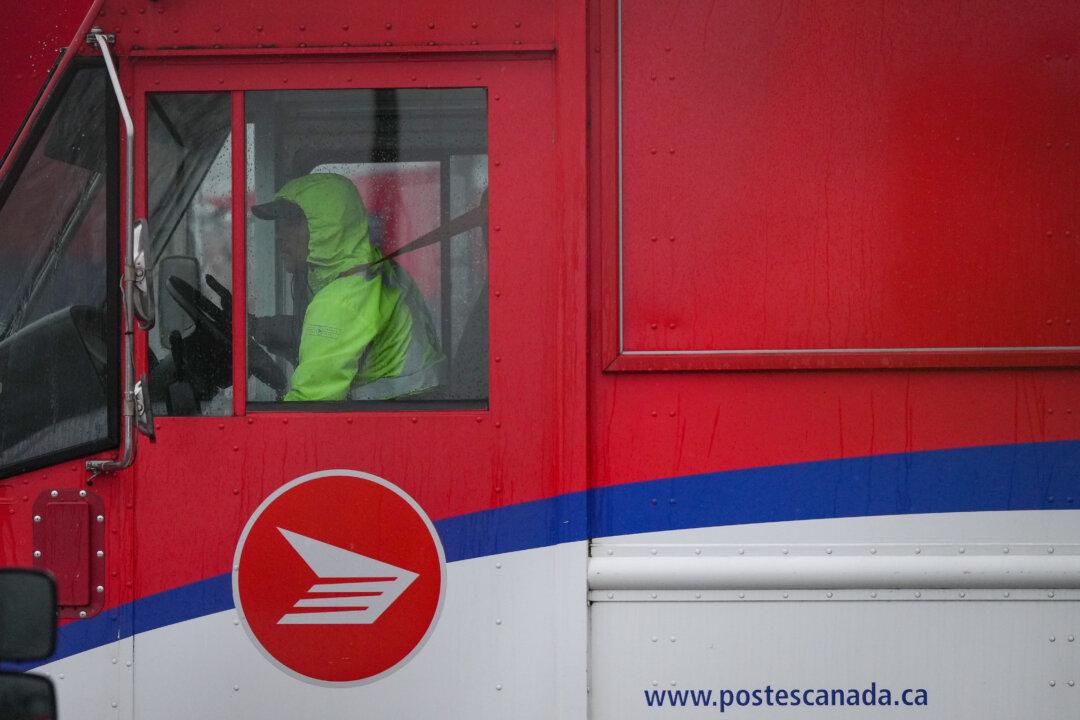The union representing more than 55,000 postal workers has called for a nationwide suspension of overtime work, saying its negotiators will continue to assess the latest contract proposals from the government-owned postal service.
The Canadian Union of Postal Workers (CUPW) announced on May 22 its members have been instructed to decline any work exceeding eight hours per day and 40 hours per week—a decision it characterized as “legal strike action.”





